Clean Water Act Showdown at Supreme Court Might Be Avoided. For Now.
Maui County Council votes to settle a closely watched groundwater case.
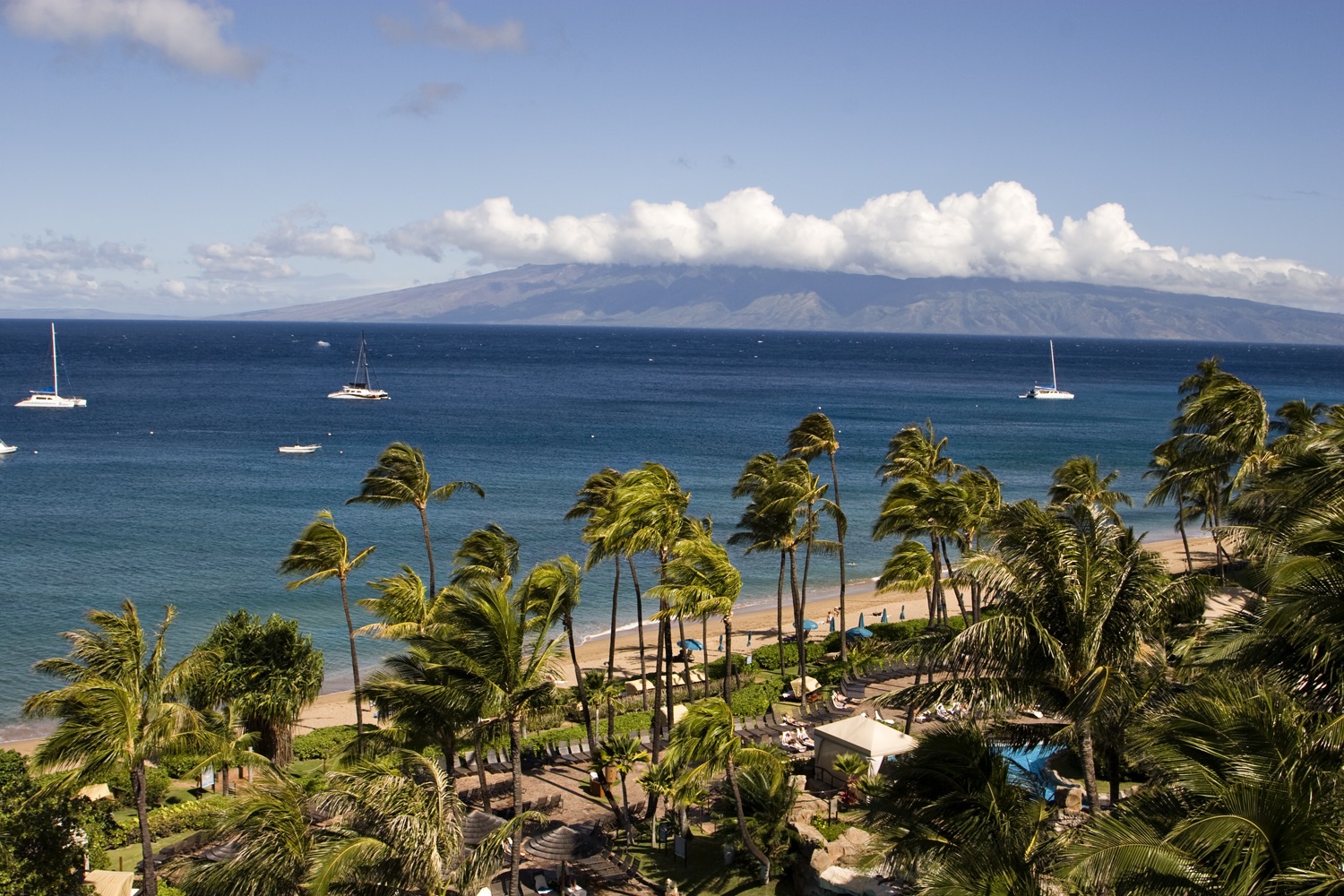
The Lahaina Wastewater Reclamation Facility, located 3 miles north of the town of Lahaina, on the west coast of Maui, injects treated effluent into wells. That effluent moves underground and enters the Pacific Ocean near Kaanapali Beach, pictured here. Photo courtesy Flickr/Creative Commons user saroy
By Brett Walton, Circle of Blue
A lawsuit with broad implications for the country’s waterways and pollution permitting system might be resolved out of court, avoiding, at least for now, a showdown in the nation’s highest court over the scope of the Clean Water Act.
The Maui County Council voted 5 to 4 on September 20 to withdraw its appeal of a case that is scheduled to be heard by the U.S. Supreme Court on November 6.
The council’s vote to settle appeared to have closed discussion on the seven-year-old legal confrontation. Internal politics, however, have intervened. The council and lawyers from the county’s executive branch are now in a dispute about whether Mayor Michael Victorino needs to grant final approval. The mayor is still considering the settlement agreement, Brian Perry, his spokesperson, told Circle of Blue.
The core question in the case is whether the Lahaina Wastewater Reclamation Facility, a sewage treatment plant on the west coast of Maui, requires a federal pollution license, called a NPDES permit, to dispose of its treated effluent, which it injects into four wells. The water does not stay in the wells, though. It migrates underground until it reaches the Pacific Ocean, where nutrients in the effluent have contributed to algal blooms. Dye tests that trace the underground movement of water have proven the hydrological connection to the ocean.
David Henkin is an Earthjustice lawyer who argued the case for the plaintiffs: Hawaii Wildlife Fund, Sierra Club, Surfrider, and West Maui Preservation Association. He said the settlement has local and national benefits.
“We represent Maui County residents who are eager to see their county government focus its time, energy, and money on fixing the environmental problems that were the genesis of the lawsuit,” Henkin told Circle of Blue. “They would rather not see their government lead the charge to weaken the Clean Water Act.”
The settlement requires several actions. The county will seek a NPDES permit for the facility, invest at least $2.5 million in projects that recycle wastewater in order to reduce reliance on injection wells, and pay a $100,000 fine. The plaintiffs agreed not to pursue additional penalties or legal action as long as the country is making a “good faith effort” to fulfill its obligations.
The flow of pollutants through groundwater and whether those discharges from a point source are covered by the Clean Water Act is the legal territory that is being contested, not only in the Maui case but in at least a half dozen cases that have reached federal district or appeals courts.
In the Maui case, the Ninth Circuit Court of Appeals decided that such hydrological connections do require a pollution permit. The Fourth Circuit made the same determination in a case involving a gasoline spill in South Carolina from a ruptured pipeline. But the Sixth Circuit ruled last year that the statute did not apply to pollutants leaching from a coal ash pond in Kentucky that eventually entered rivers and streams.
If the conduit theory becomes widely established, more facilities that introduce nutrients or chemicals into groundwater that connects to surface waters would require NPDES permits. Coal ash ponds, for instance. Or pipelines. Small utilities sometimes operate sewage lagoons that could be a target under expanded permitting. Permits can also be used as leverage to reduce pollution discharges. For those reasons, industry groups (National Association of Home Builders, Chamber of Commerce, Edison Electric Institute, National Mining Association, American Petroleum Institute) and municipal government groups (National Association of Clean Water Agencies, City of New York, National League of Cities) filed briefs in support of Maui County.
The U.S. Environmental Protection Agency, which sided with Hawaii Wildlife Fund during the Obama administration, changed tack under President Trump. In April, the agency released a guidance document that reversed its earlier, longstanding position. The agency now interprets the Clean Water Act to “exclude all releases of pollutants to groundwater” from water pollution permitting, wrote Matthew Leopold, EPA general counsel, and David Ross, assistant administrator for water. The agency acknowledged that the Ninth Circuit and Fourth Circuit precedents still apply, meaning a NPDES permit for hydrologically connected groundwater is required in those jurisdictions. Because it did not go through the rule-making process, the guidance does not have the force of law.
The split in the appeals courts complicates application of the Clean Water Act, according to Holly Doremus, a professor of environmental regulation at UC Berkeley School of Law.
“It’s very uncertain at the moment,” Doremus told Circle of Blue. “It’s probably one reason why the Supreme Court thought the issue worth taking up.”
If they are still keen to address the question, the justices have an alternative at hand, Doreums pointed out. Lawyers for the pipeline company Kinder Morgan, which lost its appeal in the Fourth Circuit, have asked the high court to review their case.
As for Maui, county council members are eager to move forward before the November 6 hearing date. “If nothing else, then to avoid wasting the court’s time conducting a hearing on a moot matter,” David Raatz of the Maui County Office of Council Services told Circle of Blue.
Brett writes about agriculture, energy, infrastructure, and the politics and economics of water in the United States. He also writes the Federal Water Tap, Circle of Blue’s weekly digest of U.S. government water news. He is the winner of two Society of Environmental Journalists reporting awards, one of the top honors in American environmental journalism: first place for explanatory reporting for a series on septic system pollution in the United States(2016) and third place for beat reporting in a small market (2014). He received the Sierra Club’s Distinguished Service Award in 2018. Brett lives in Seattle, where he hikes the mountains and bakes pies. Contact Brett Walton

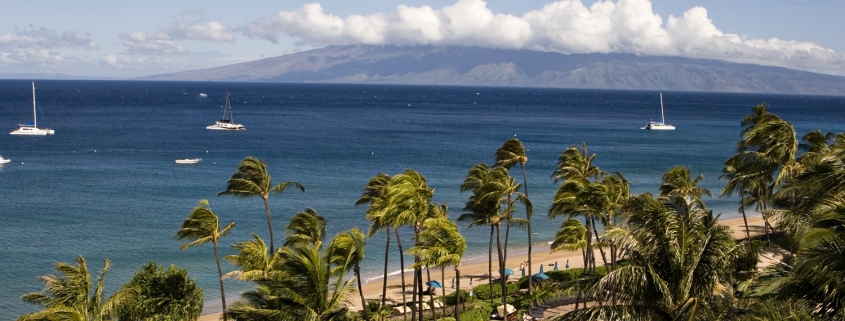


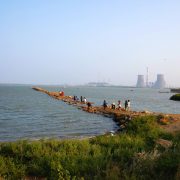
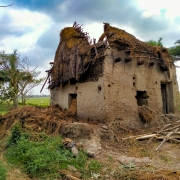
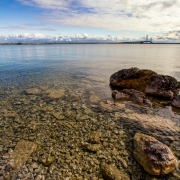
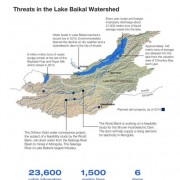
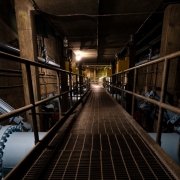



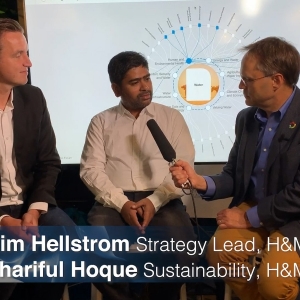
Leave a Reply
Want to join the discussion?Feel free to contribute!